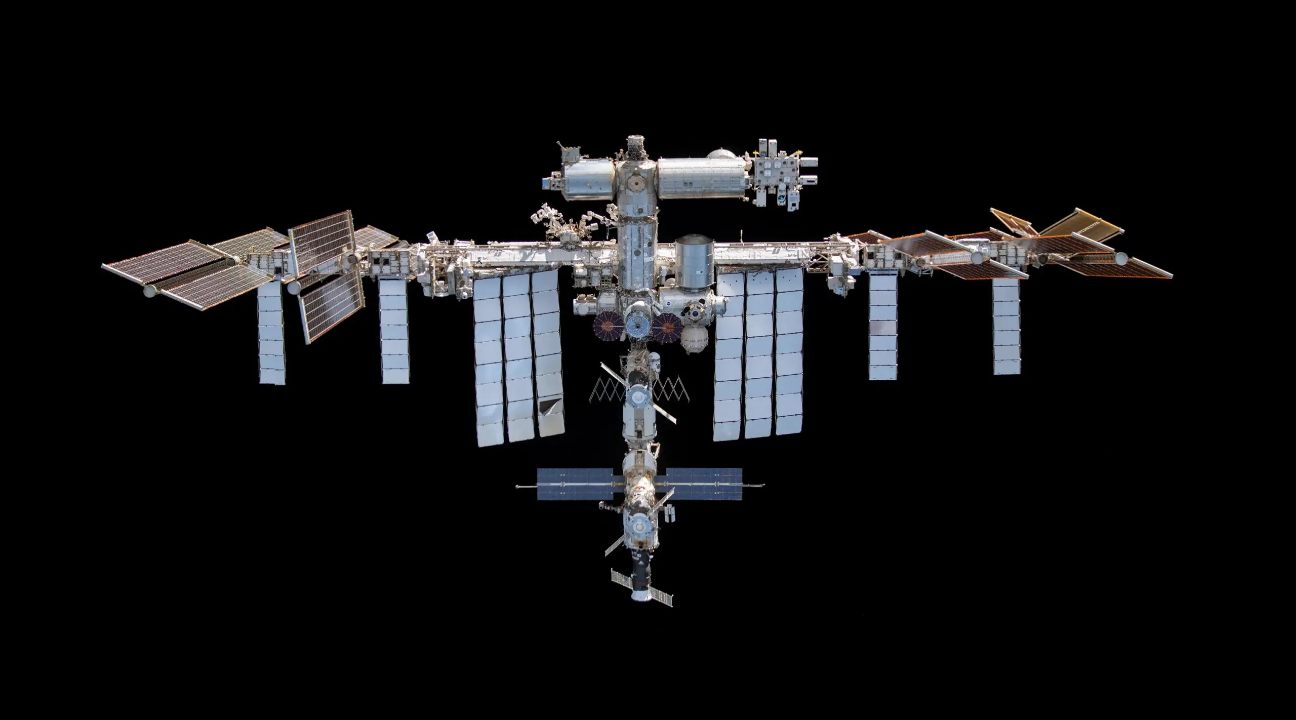A persistent air leak in the Russian segment of the International Space Station (ISS) has sparked disagreement between NASA and Roscosmos. NASA is concerned about the potential for a “catastrophic failure” of a Russian module, while Roscosmos maintains a less severe outlook.
The issue was highlighted during a recent meeting of NASA’s ISS Advisory Committee. A small but growing leak in the Zvezda service module’s PrK vestibule has been a concern for several years. To mitigate the risk, crews have been sealing off the PrK when not in use.
While Russian engineers attribute the cracks to “high cyclic fatigue” from vibrations, NASA believes a combination of factors, including pressure, stress, material properties, and environmental exposure, are contributing to the problem. Both agencies have focused on internal and external welds as potential causes.
Despite recent repairs, the leak rate remains significant, prompting concerns from both agencies and station crews. Astronaut Michael Barratt noted that NASA has adopted a conservative approach, closing the hatch between the U.S. and Russian segments during critical periods.
NASA and Roscosmos disagree on the severity of the issue. While Roscosmos believes continued operations are safe, NASA expresses concerns about the structural integrity of the PrK and the possibility of a catastrophic failure.
To address the situation, both agencies have agreed to seek a “common understanding” of the PrK’s structural integrity and to involve outside experts. NASA has already initiated an independent assessment of the leaks.
The aging ISS, now over two decades old, is experiencing the effects of wear and tear. The PrK leak underscores the challenges of maintaining the station and the importance of international cooperation in addressing such issues.
The brief duration of the committee meeting, lasting only 10 minutes, suggests the urgency of the situation. It also marks the first public meeting of the committee since March 2020, highlighting the significance of the ongoing issues with the ISS.
